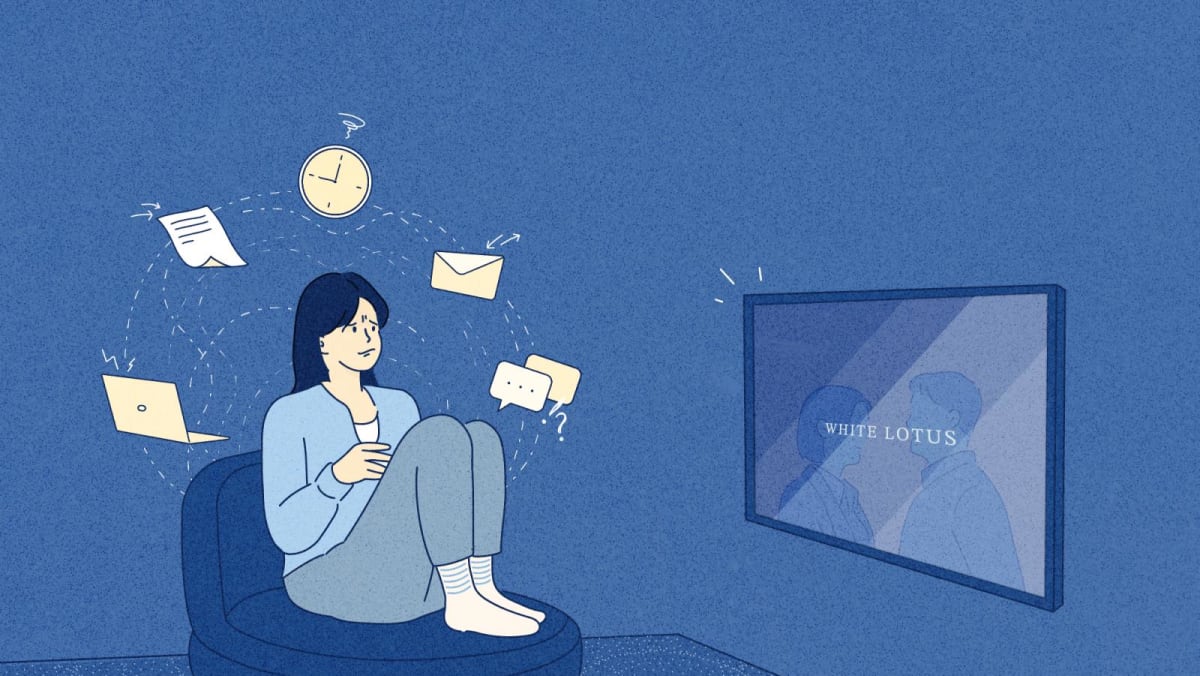In the workplace, the same effect can drive preparation, for instance, mentally rehearsing what to say in a meeting or revisiting a task list before work, Dr Tan said.
“It’s useful, but only as long as you act on it. If you don’t, the weight compounds. The effect lingers in the background, draining your energy.”
Ms Eunice Lim, clinical psychologist from therapy outfit Heartscape Psychology, said that when this happens, it could contribute to fatigue, burnout, and negative self-beliefs around competence, especially in individuals with perfectionistic tendencies.
People juggling multiple roles – work, caregiving, financial stress – often feel the Zeigarnik effect more intensely. Tasks start to bleed into rest time and even joyful moments can feel muted because the mind is still stuck in “unfinished” mode, Ms Lim added.
“The mental strain of chronic incompletion can mimic hypervigilance, where the body stays on alert because it doesn’t feel safe to rest.
“For some, this shows up as difficulty falling asleep, as their minds replay what they haven’t completed, what they should’ve done or what still hasn’t been started.”
In some cases, it may even lead to depersonalisation, where one feels numb or emotionally disconnected as a way to cope, Ms Lim said.
Dr Tan said that this effect extends beyond short-term tasks because long-term unmet goals, such as a dream or a goal you haven’t moved on from for years, can also be problematic when they loop in your head.
“This can go in a few directions. You resign yourself to thinking, ‘I’ll never do it’, or you feel like you’ve failed, which can cause you to spiral downward.
“Or, you finally decide, ‘Okay, when am I going to do this?’ Then you make a plan, even if it’s for later.”
Dr Tan added that the bigger the goal, the more mental space it takes up.
COPING MECHANISMS AND HOW TO USE THEM TO YOUR ADVANTAGE
The good news is, there are simple tips and strategies you can adopt to mentally close the loop on tasks you are unable to finish right away.
The psychologists suggested getting things out of your head and onto a list, which will help declutter the mind even if you’re not acting on them yet.














